
What Does “Pending” Mean When Buying a Home?
Learn what ‘pending’ means in Bay Area real estate. Understand how this status affects offers, timelines, and your strategy as a homebuyer.

Learn what ‘pending’ means in Bay Area real estate. Understand how this status affects offers, timelines, and your strategy as a homebuyer.
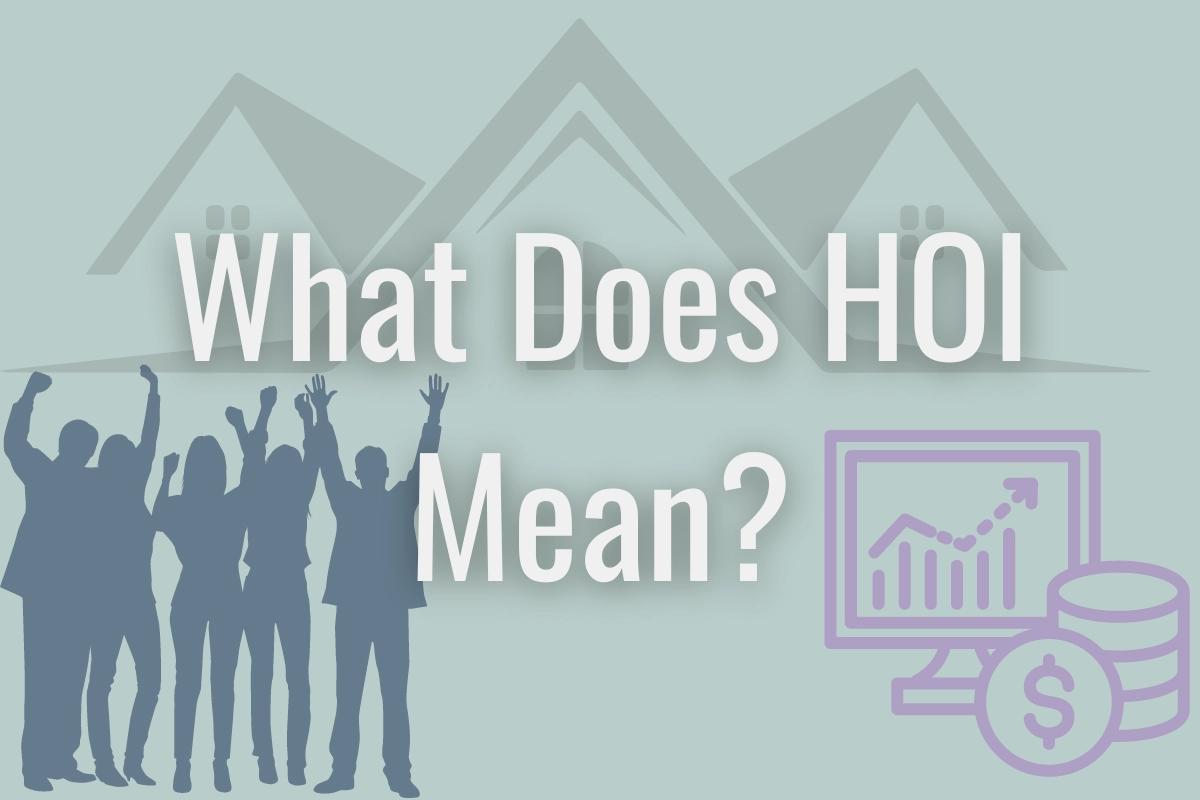
HOI, or Housing Opportunity Index, measures the percentage of homes in an area affordable to the median-income family, crucial for assessing housing accessibility. Understanding HOI guides decisions for buyers, investors, and policymakers, offering a clear snapshot of housing affordability.
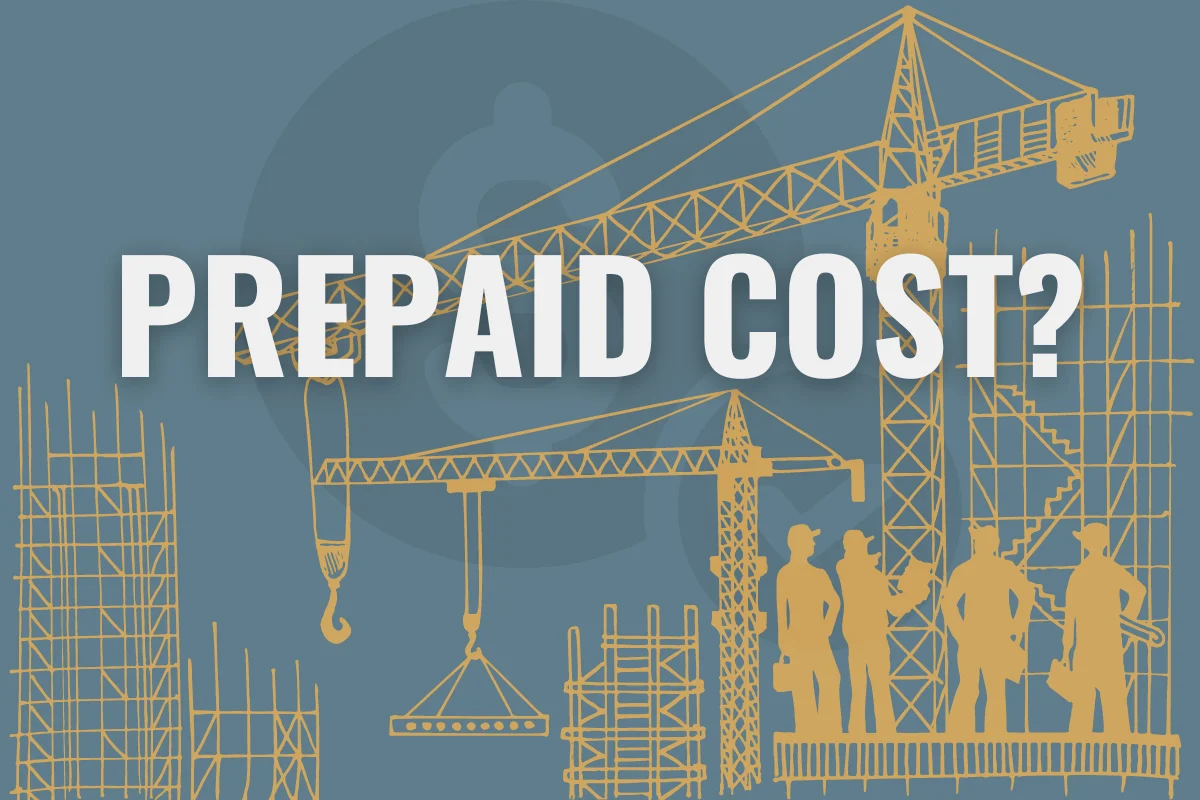
Prepaid costs, or ‘prepaids,’ in real estate refer to expenses paid in advance at the time of closing, including homeowners insurance premiums, property taxes, mortgage interest, and escrow account funding. It’s essential to distinguish prepaids from the down payment.
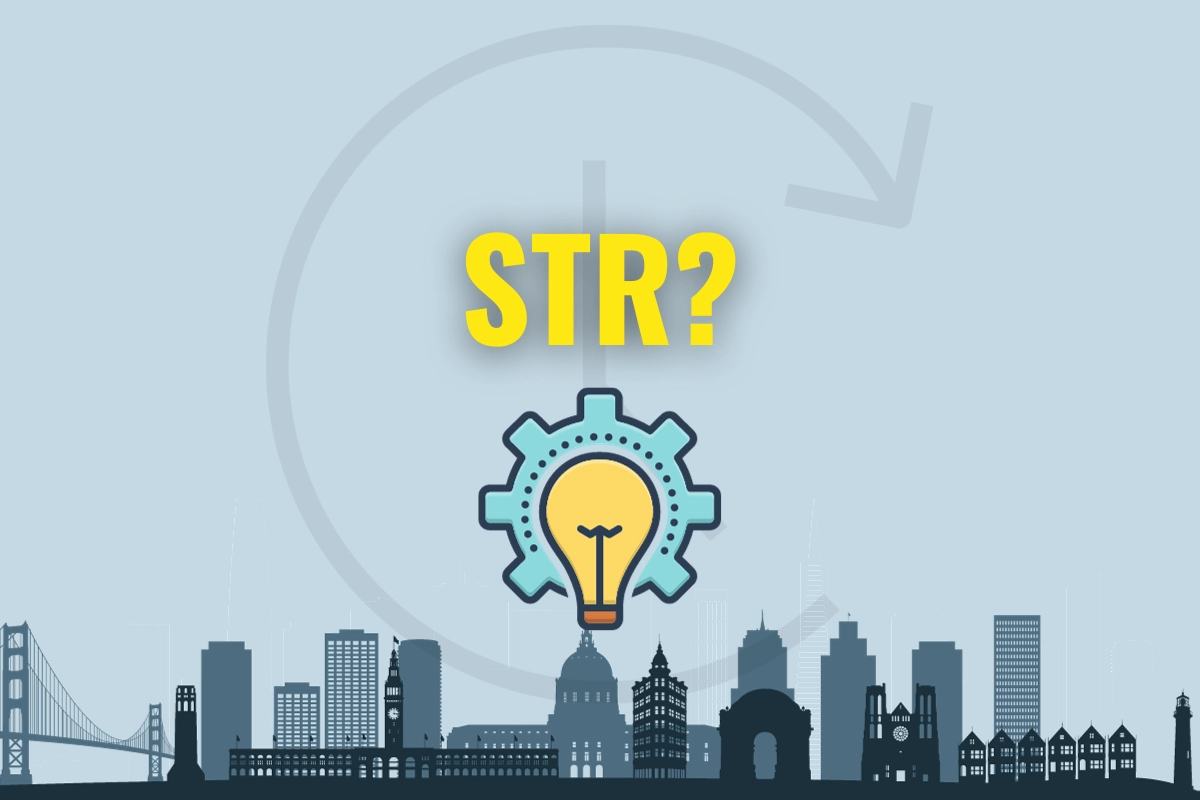
You may have come across the term “STR” in real estate listings or conversations. Short for Short-Term Rental, STR is a growing segment within the real estate market.
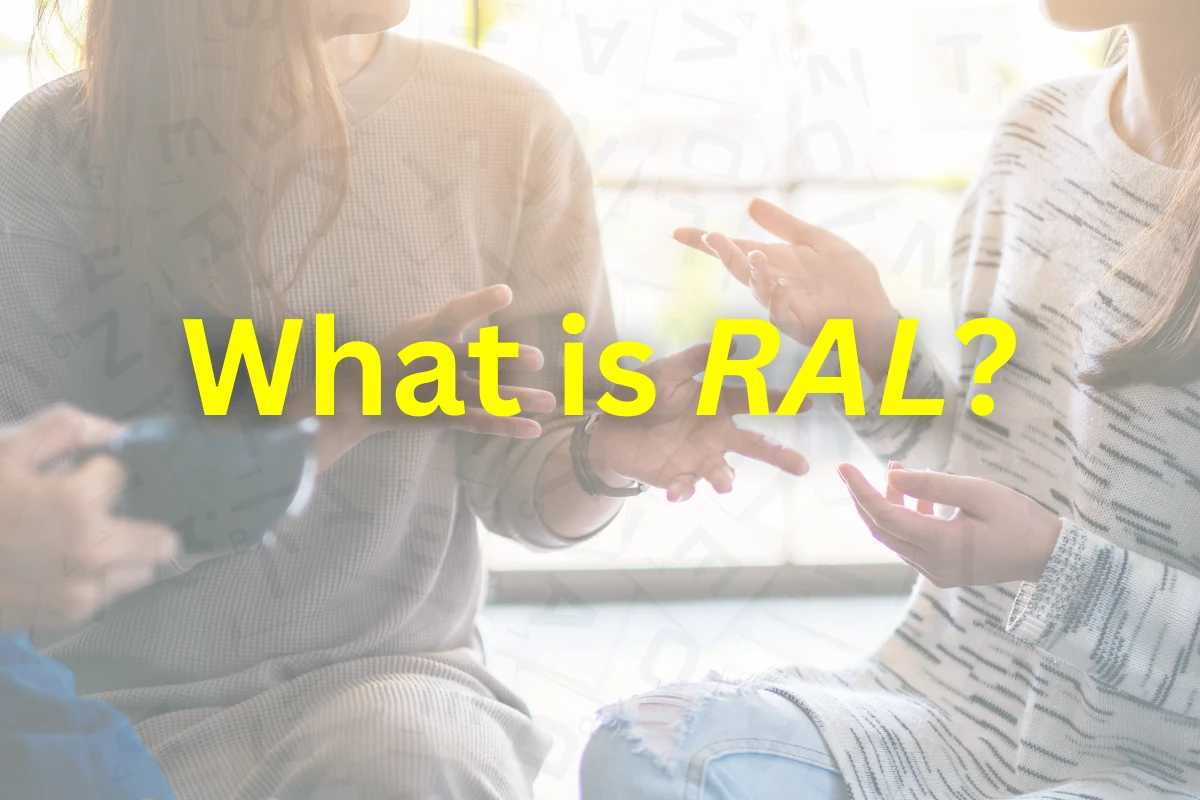
In the evolving landscape of real estate, specialized segments like Residential Assisted Living, play a crucial role. Residential Assisted Living is now commonly referred to as “senior housing” or simply “assisted living”. Most elders will face a decision of where to live in their later years.
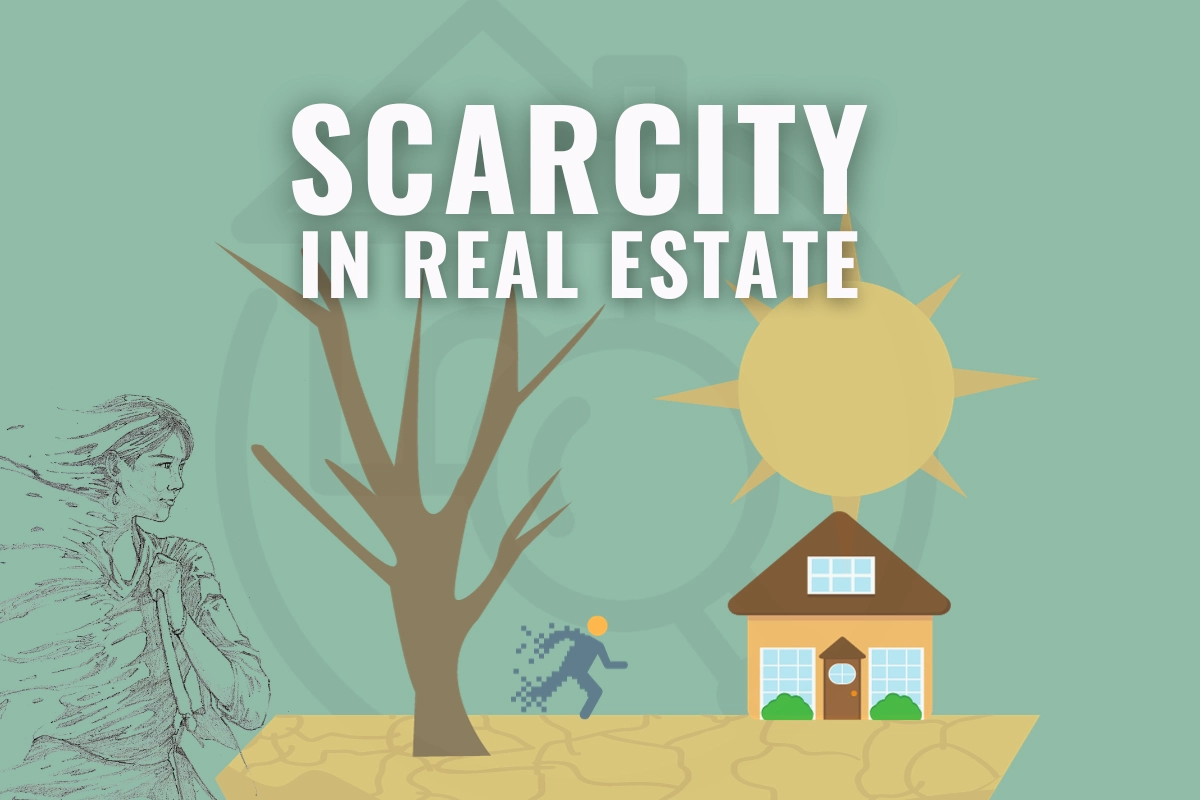
Like any market, real estate is subject to the laws of supply and demand. But what role does scarcity play in this dynamic? In this article, we’ll explore how scarcity affects real estate prices and what it means for buyers and sellers.

CTG, or ‘contingent,’ in real estate signifies that a property has an accepted offer, but specific conditions or contingencies must be met, such as securing financing or selling an existing home, before the sale can proceed.

COE, or Close of Escrow, is a critical term in real estate, signifying the official transfer of property ownership from seller to buyer upon meeting all contract terms and completing financial transactions.

Escrow and title are essential components of real estate transactions. Escrow involves a specialized bank account that securely holds transaction funds, while title refers to legal ownership of a property, ensuring it’s free from liens or disputes.

Point of Sale (POS) ordinances are city-mandated property repair regulations that ensure safety and environmental health during real estate transactions. While they serve essential purposes in protecting buyers and maintaining community standards, compliance can pose financial burdens and disproportionately impact lower-income property owners.

Underwriters in real estate play a pivotal role in assessing borrowers’ financial information and creditworthiness to determine their eligibility for mortgage loans, ensuring sound financial decisions and borrower’s ability to repay.